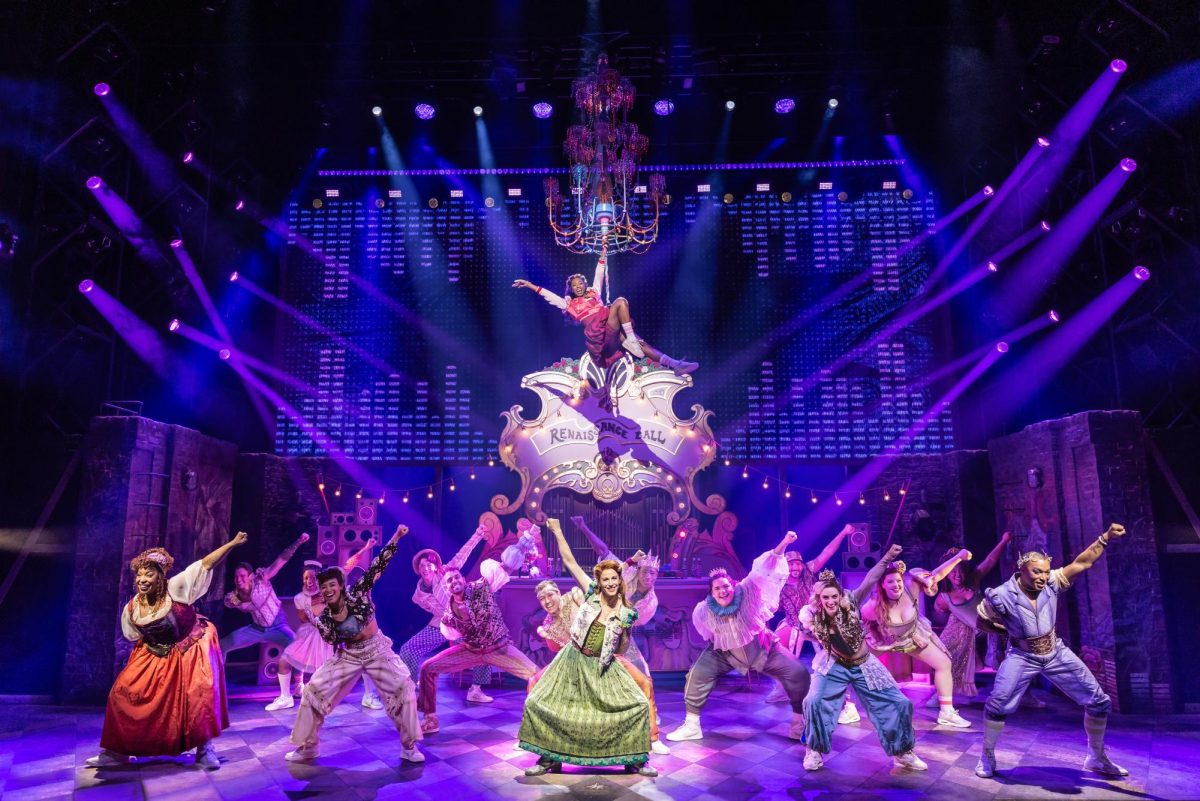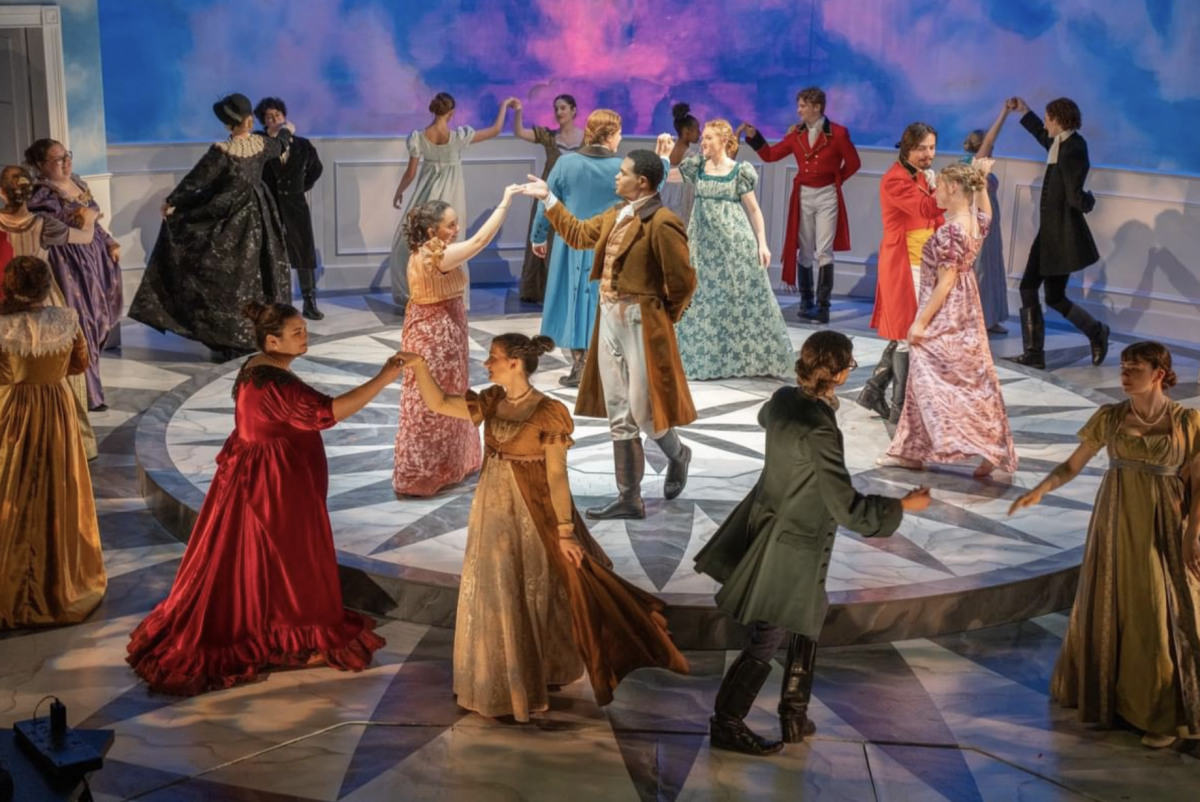The best thrillers dish out suspense wisely. Michael Haneke's "Caché" seems to hoard it, barely giving us any scenes that are suspenseful outright.
Instead, writer/director Haneke opts to evoke suspense with drawn-out shots and an overall atmosphere that's distinctly his own. This leaves viewers disoriented, wondering whether the fear they feel is justified. The result is sometimes thrilling, sometimes annoying.
The movie tells the story of a cultured Parisian family of three who find themselves at the center of a mysterious stalker's plot. Georges (Daniel Auteuil) is an erudite TV personality who hosts a show that discusses works of literature (something that could only happen in Europe). Anne (Juliette Binoche) is a publisher and mother to their son Pierrot (Lester Makedonsky).
Life takes an unexpected turn when they receive an anonymous video with footage of their house, taken by a hidden surveillance camera. This is soon followed by some creepy drawings of faces spewing blood. The police won't do anything about it, so it's up to Georges to solve the mystery, which he believes is rooted in an episode from his childhood.
The movie opens with the surveillance video footage of the house. Walls seem to close in the shot, giving us the feeling of entrapment that will soon envelop the family.
The two minutes of uneventful footage also give us a taste of Haneke's style. He's in no rush to provide us with anything, rejecting usual staples like background music and a defined plot in favor of something more ambient.
Haneke doesn't care about the normal pacing or structure of a movie. "Caché" inches along at an achingly slow pace for much of the time, then sprints ahead at other parts, leaving the audience nearly breathless.
But what suspense Haneke does decide to use, he uses to full effect. He plays around with the idea of the surveillance tape, keeping the audience constantly guessing: Is what we're seeing real life or surveillance video?
Another recurring theme involves short but devastating shots of a young boy coughing up blood. As the viewers begin to understand the backstory, the creepy scenes take on more meaning as flashbacks, dreams or a mixture of the two.
Auteuil turns in an excellent performance as Georges, deftly exposing the conflict in his character. He transitions between paternal gentleness and white-hot anger effortlessly, convincingly showing us the effects of this strange situation on the father.
At first, the predictable family tension caused by the surveillance tapes seems cliché. Haneke spends just a little too much time on this aspect of the movie. But by the end of the film, Auteuil's acting has moved the audience into caring about the family and this problem vanishes.
The movie ends unexpectedly, with the credits suddenly appearing at what seems to be the wrong spot. The general reaction was "What, it's over?!" But upon closer inspection of what's going on behind the credits, you realize Haneke has ended his movie exactly how he wanted to. As usual, it's at his own pace — not yours.
The effect is both frustrating and stimulating. Groups of moviegoers stood outside the theater, discussing the film and going back over all the bits of information sprinkled throughout in hopes of an answer. It's certainly a fresh approach to filmmaking, but one that is only suited to art cinema.
Ultimately, "Caché" is a deceivingly complex movie hiding behind uneventful scenes and straightforward camera shots. It's like minimalist artwork converted into a two-hour movie.
Accordingly, stay away from the movie unless you're somewhat of a film aficionado. Haneke's enigmatic film will test your patience and leave you completely wrung out. But in some ways, the wait is well worth it.
Rating: 4 out of 5







